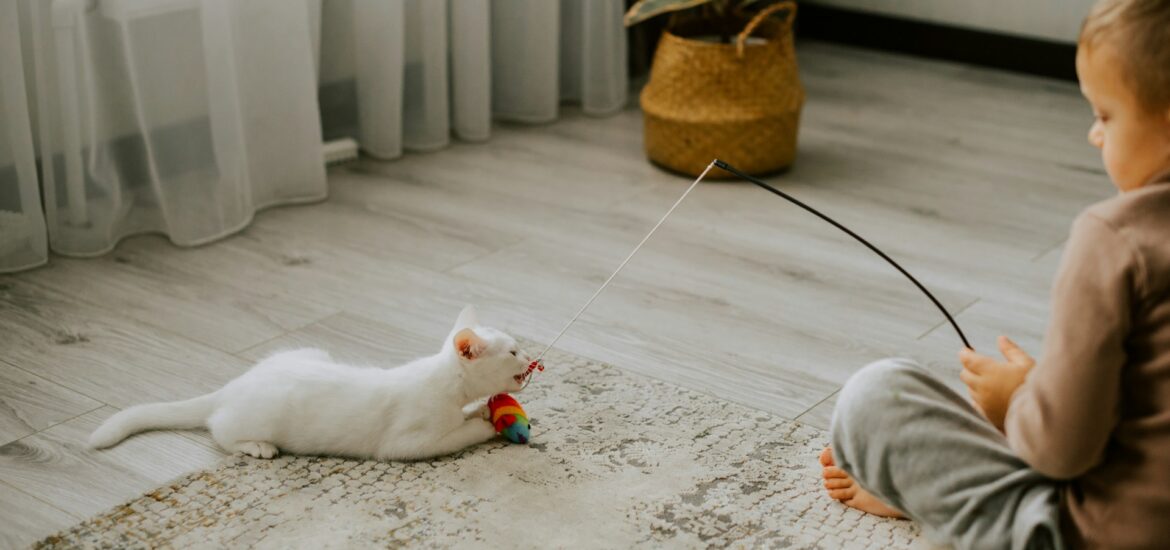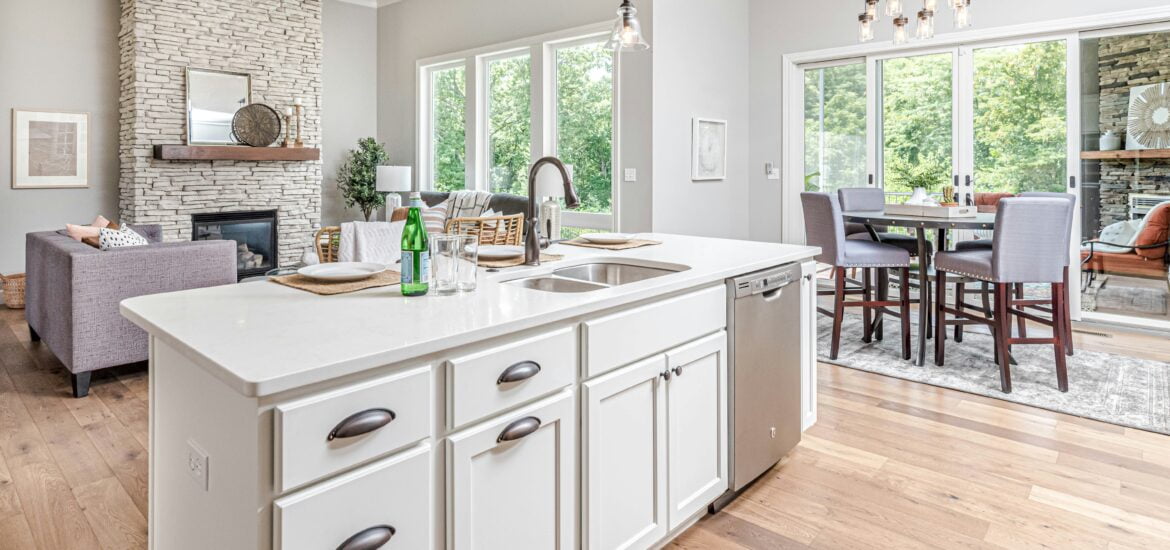When planning to install vinyl flooring in your home, luxury vinyl plank flooring is an excellent choice. It offers the perfect combination of durability, style, and affordability. However, like any home improvement project, proper budgeting is key to ensuring the process goes smoothly. In this guide, we’ll walk you through what to consider when budgeting for new luxury vinyl plank flooring, from material selection to installation costs.
Understanding the Cost of Luxury Vinyl Flooring
The price of luxury vinyl flooring can vary greatly depending on several factors. Some of the biggest cost contributors include the quality of the vinyl plank flooring, the type of vinyl you choose, and whether you’re replacing existing vinyl flooring. On average, you can expect to pay between $2 to $7 per square foot for luxury vinyl planks.
Luxury vinyl flooring comes in various designs and styles, mimicking everything from natural hardwood to stone, and the pricing reflects these variations. Higher-end flooring planks with more intricate patterns or textures will likely cost more than simpler, standard options. It’s essential to visit a luxury vinyl flooring store in Plano, TX, to explore your options and find something that suits both your style and budget.
Calculating How Much Flooring You’ll Need
Once you’ve chosen your preferred type of vinyl plank flooring, the next step is calculating how much you’ll need. Measure the total square footage of the area where the new flooring will be installed. Don’t forget to add around 10% more to account for mistakes or cuts during installation. This buffer ensures that you’re covered for any unexpected surprises that arise when fitting the flooring planks.
Additional Material Costs Beyond Vinyl Planks
While the luxury vinyl itself forms the bulk of the cost, there are additional materials required to install vinyl flooring in your home. These may include:
- Underlayment: Depending on the existing subfloor, you might need to invest in underlayment to provide a smooth surface for the new luxury vinyl installation. This can range from $0.30 to $0.50 per square foot.
- Transition Strips: If you’re connecting your new vinyl plank flooring to other types of flooring in the home, transition strips are required to create a seamless look. These typically cost around $10 to $20 each.
- Adhesive or Double-Sided Tape: Some types of vinyl planks require adhesive to stay in place, while others are designed to float above the subfloor. Make sure to account for these extra costs when calculating your overall budget.
Professional Installation vs. DIY: Which Is Right for You?
One of the most significant factors to consider in your budget is whether to hire professionals or tackle the vinyl plank installation yourself. Both approaches have their pros and cons.
DIY Installation:
Many homeowners choose to install vinyl flooring themselves, as it is relatively easy compared to other flooring options. With the right tools—like a utility knife, measuring tape, and spacers—it’s possible to achieve a professional-looking finish. Luxury vinyl plank flooring often uses a click-and-lock system, allowing the flooring planks to easily snap together without the need for glue or nails. However, if you’re not confident in your DIY skills, attempting it yourself could lead to mistakes that might affect the longevity and performance of the floor.
Professional Installation:
While DIY is an option, professional luxury vinyl installation is worth considering for a flawless finish. A trained installer will ensure the vinyl planks are properly aligned, cut to fit your space, and seamlessly connected to other flooring types. On average, professional installation costs between $1.50 and $3 per square foot. Hiring experts from a flooring installation company ensures the job gets done quickly, and you avoid the potential headaches of handling the project alone.
At Nationwide Floor & Window Coverings in Plano, TX, we offer professional installation services to help homeowners achieve their desired look with minimal stress. Our installers have years of experience with luxury vinyl flooring, ensuring every detail is handled with precision.
Hidden Costs to Consider
When budgeting for your new luxury vinyl flooring, it’s crucial to think beyond just the flooring planks and installation. There are some hidden costs that could arise, such as:
- Old Flooring Removal: If you’re replacing existing vinyl flooring or another type of flooring, removal can add to the overall cost. Professionals usually charge between $1 and $3 per square foot to remove old flooring, depending on the complexity.
- Subfloor Preparation: Uneven subfloors can cause issues during installation. Your contractor may need to level the subfloor before laying the vinyl planks, which can cost extra.
- Moving Furniture: While some flooring installation companies offer furniture moving as part of their service, others may charge an additional fee. Always confirm this beforehand to avoid unexpected expenses.
Saving Money on Your Luxury Vinyl Plank Flooring Project
Everyone loves a good deal, especially when it comes to home improvement. Here are a few tips to help you save money on your luxury vinyl plank flooring without compromising on quality:
- Shop Sales and Discounts: Visit your local luxury vinyl flooring store and ask about any ongoing promotions or discounted flooring options. Stores often have clearance sections for discontinued or overstocked items, allowing you to get premium flooring at a lower price.
- Plan During the Off-Season: Flooring companies may offer lower installation rates during slower seasons. Planning your project during a quieter time could help you snag a better deal on professional installation.
- Consider Lower Price Ranges: There are various price ranges for vinyl flooring, with many budget-friendly options that still provide a high-end look. You don’t need to purchase the most expensive flooring to achieve great results.
Installation Tools and Miscellaneous Expenses
If you decide to go the DIY route, factor in the cost of tools you may need to purchase, such as a utility knife, spacers, and a tapping block for a successful vinyl plank installation. Though the tools are relatively inexpensive, they still add to the overall project cost.
You’ll also need safety gear like gloves and knee pads, as installing vinyl flooring can be a physically demanding process, especially when cutting and trimming the flooring planks to fit your space.
Planning your budget for luxury vinyl flooring is an essential step in achieving a successful flooring project. From the cost of materials and tools to professional installation services, it’s important to consider all aspects to ensure you’re not caught off guard by hidden expenses. Whether you’re looking for affordable vinyl options or high-end designs, Nationwide Floor & Window Coverings in Plano, TX, is here to help you every step of the way.




